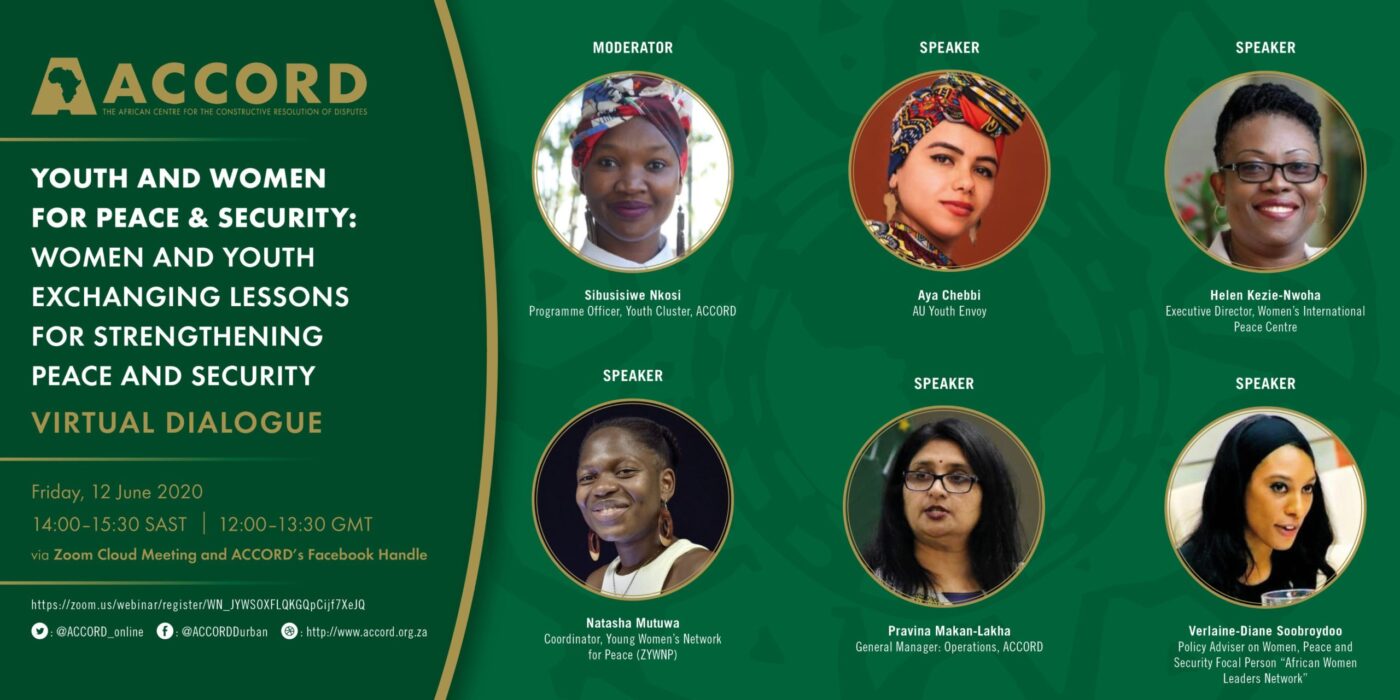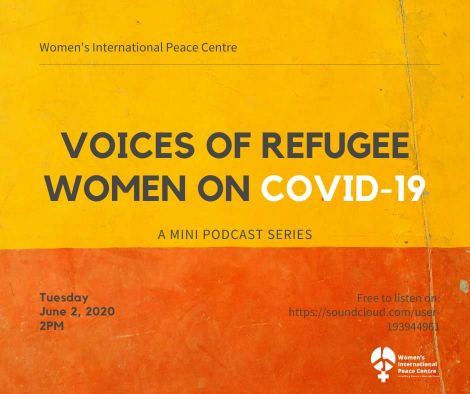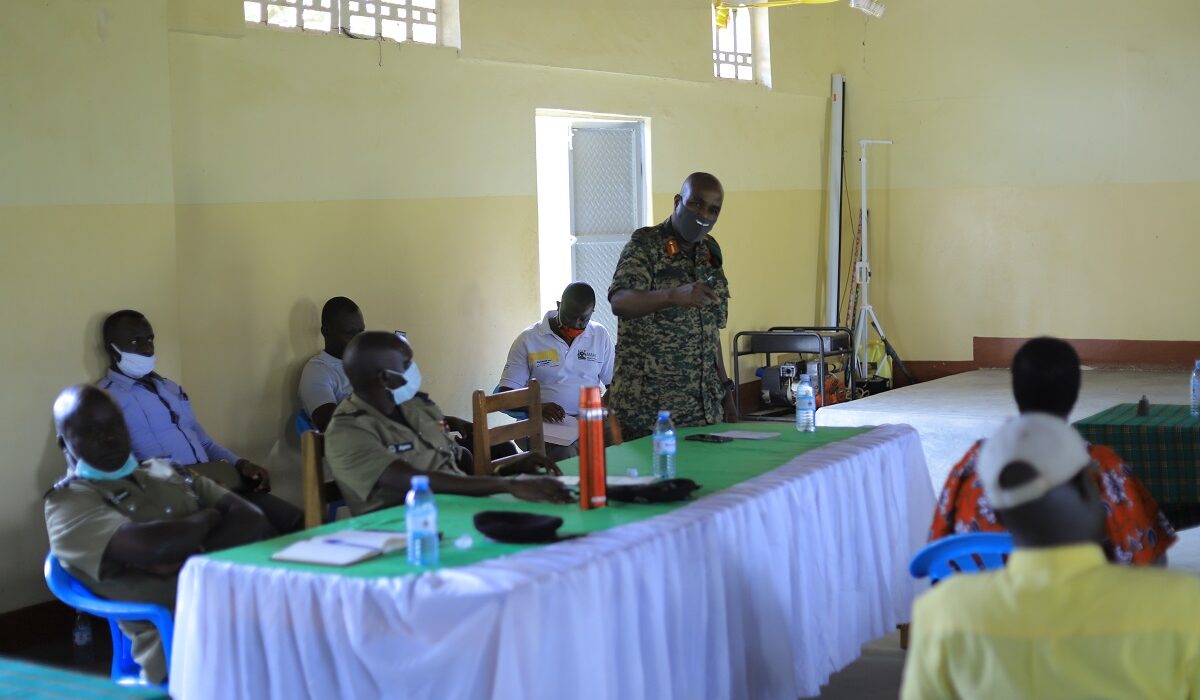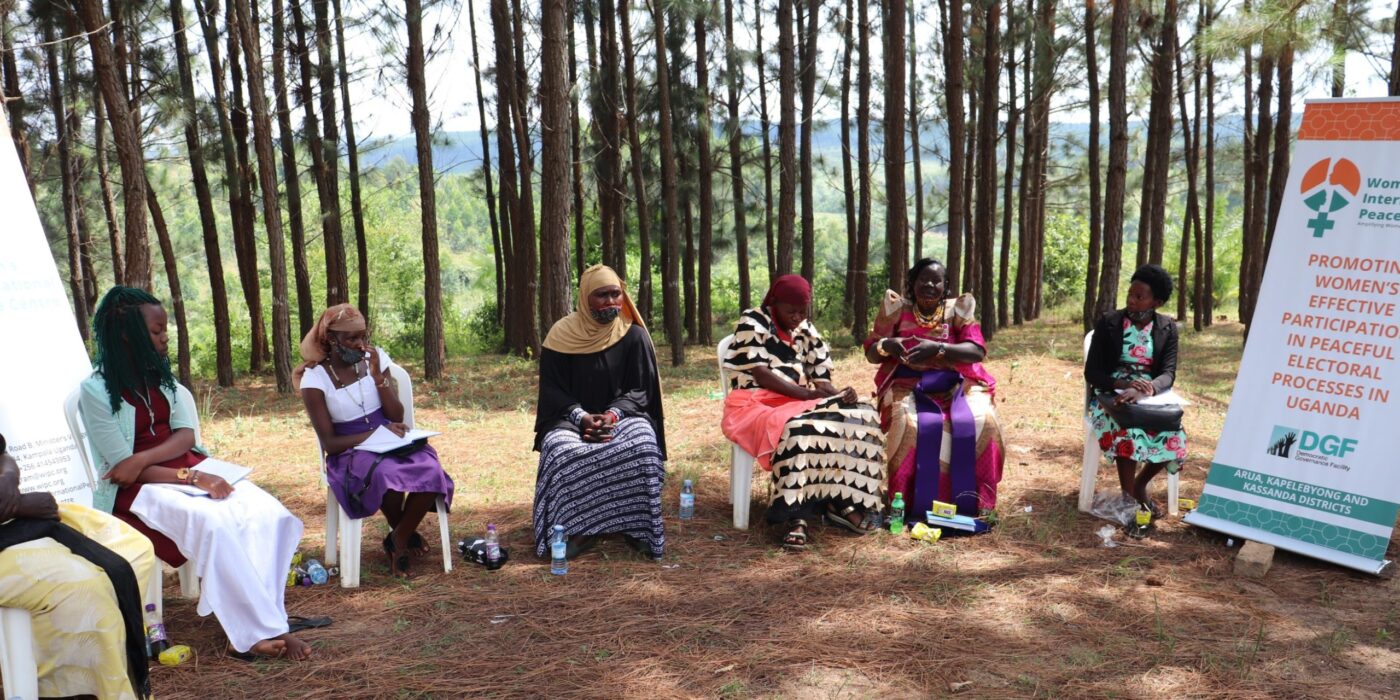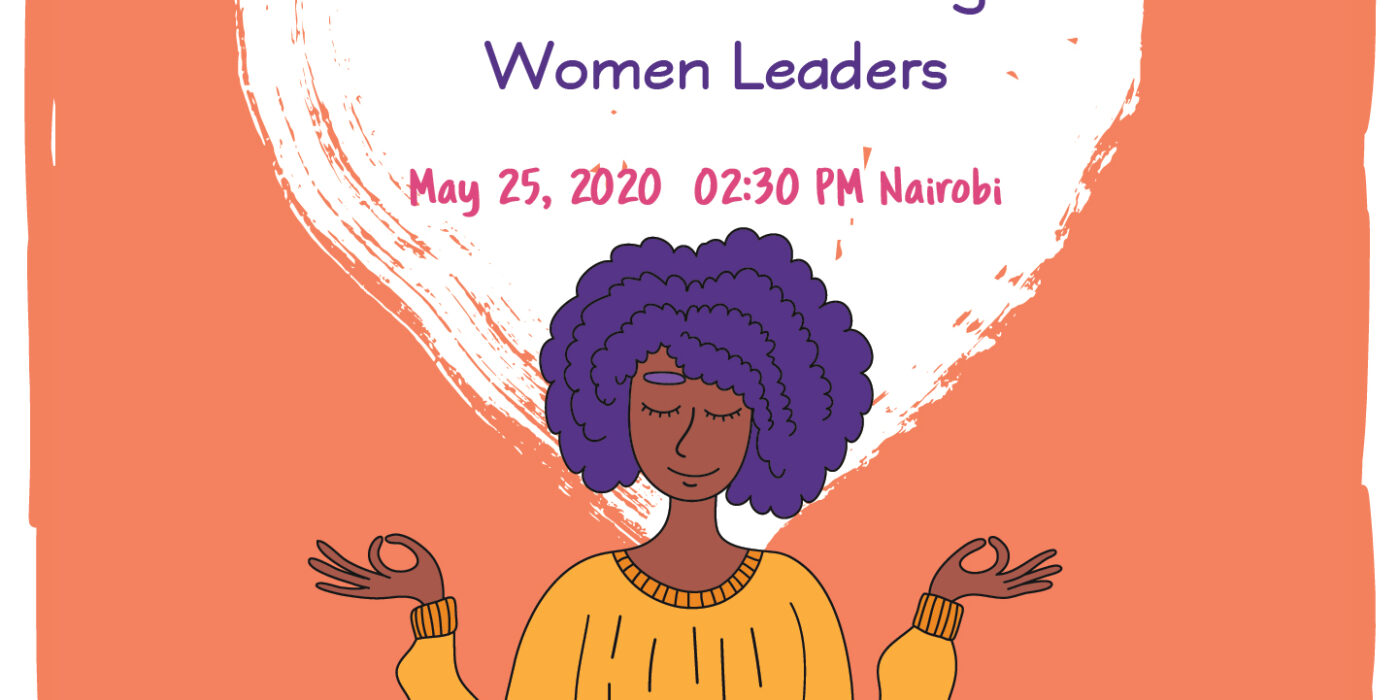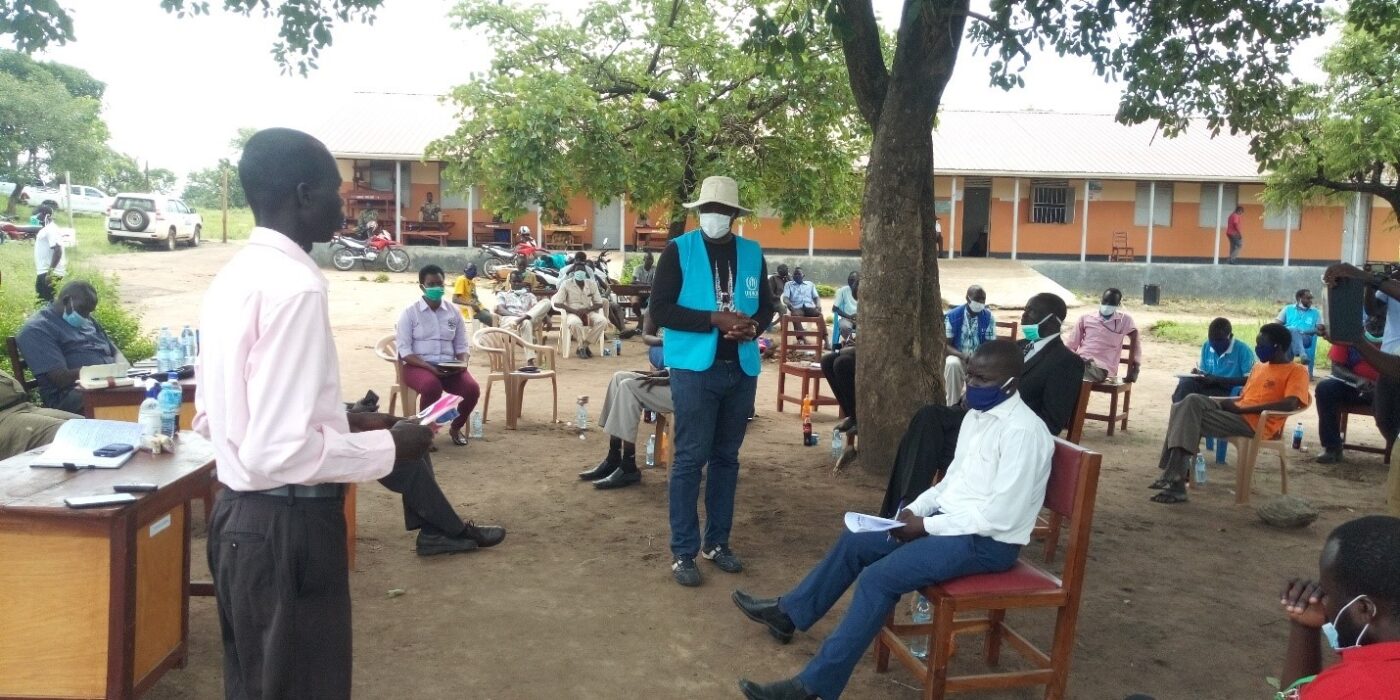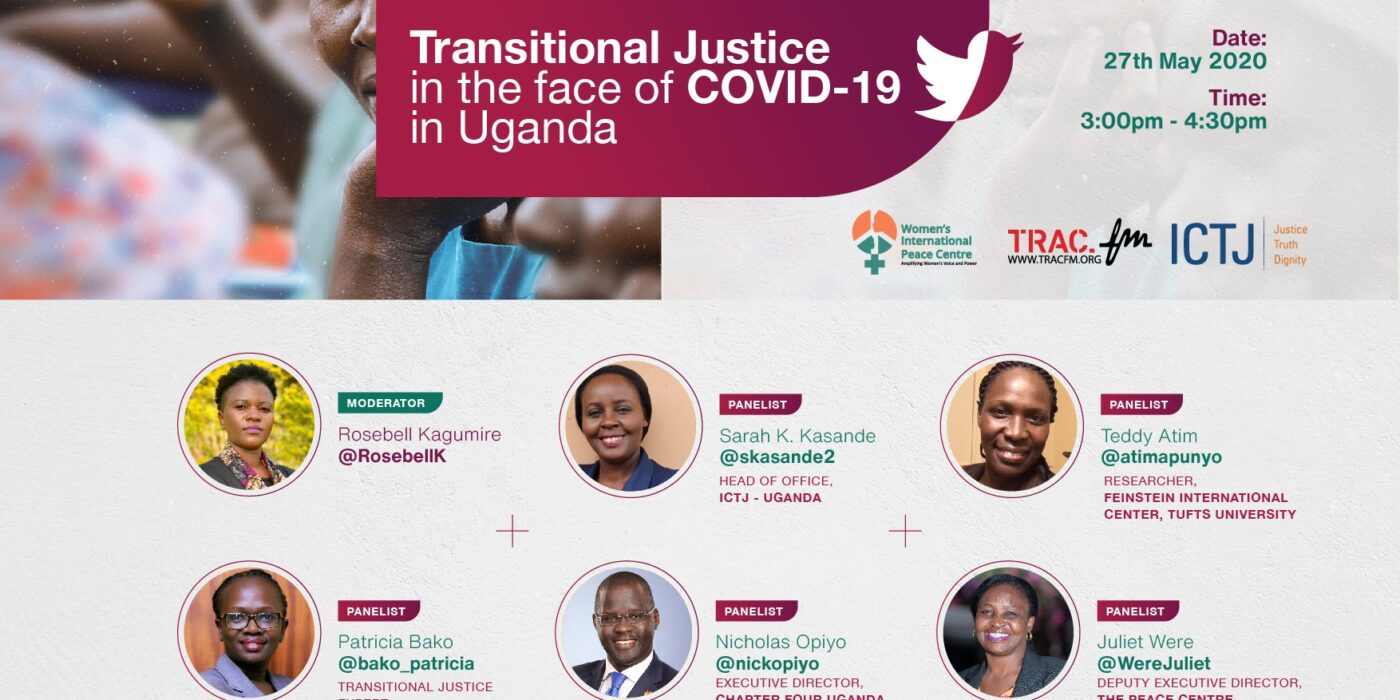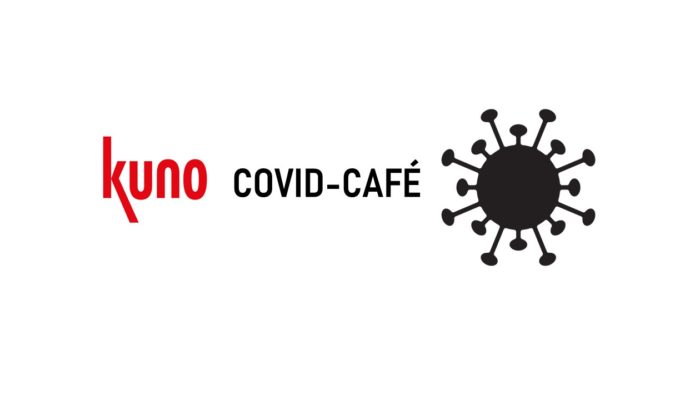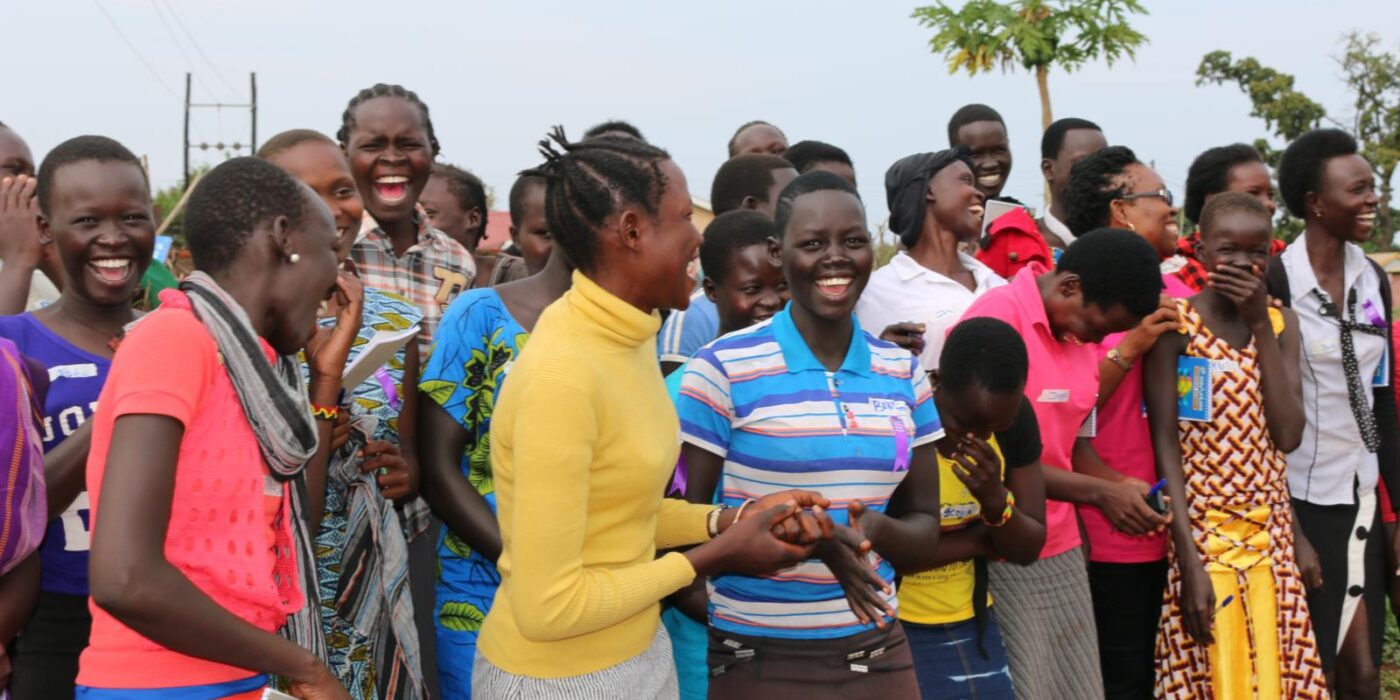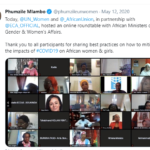Virtual Consultation: Women and Youth Exchanging Lessons for Peace and Security
The Peace Centre on 12th June joined the African Union Youth Envoy, the African Women Leaders Network (AWLN), Zimbabwe Young Women’s Network for Peace Building and ACCORD South Africa to discuss conflict prevention and mitigation as well as the implications of the COVID-19 pandemic on the strategies and work of women and young women peacebuilders. The online conversation included reflections on how the women, peace and security and youth peace and security frameworks can be used to tackle the impact of COVID-19.
COVID-19 has taught us to rethink the Youth Peace and Security Agenda to the Youth, Peace and Development agenda. Exclusion of youth has not worked and we need to move the narrative from youth as perpetrators of violence to youth as agents of Peace.- Aya Chebbi, AU Youth Envoy
It is time we change the approach to peacebuilding; we need to make sure that there is a deliberate and conscious effort that Women Peace and Security is equal to the Youth Peace and Security agenda. We must not replicate the discrimination against women to young women.- Helen Kezie-Nwoha, Executive Director, Women’s International Peace Centre
The only way that we will be able to deliver on the Youth Peace and Security agenda and the Women Peace and Security agenda is when we come together. But this will require Africa’s Governments to help us overcome divides created by weak infrastructure. – Verlaine-Diane Soobroydoo, Policy Advisor on Women Peace and Security Focal Person, African Women Leaders Network.
We need to be inclusive and understand the unique challenges and opportunities for grassroots organising- Pravina Makan-Lakha,, General Manager Operations, ACCORD.
The need to engage more of the grassroots community youth mediators especially young women to build sustainable peace is the way to go.- Natasha Mutuwa, Coordinator, Young Women’s Network for Peace.
The Peace Centre shared from the experience of on-going work with women peacebuilders and Women Mediators Networks in refugee settlements and hosting districts in Uganda. Participants in the dialogue also discussed the impact of the pandemic on the Women Peace and Security (WPS) agenda and explored opportunities to develop resilience and move the WPS agenda forward.

